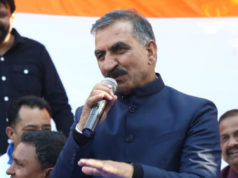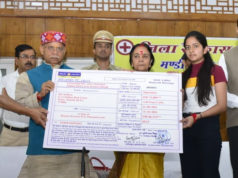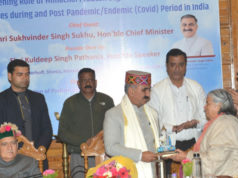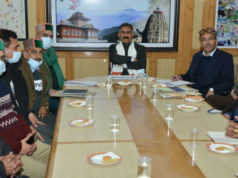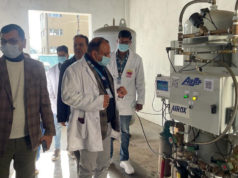Shimla: Amid the third wave scare that is likely to affect children the government has released an advisory for new Covid-19 prevention and management protocol in children.
The Government spokesperson informed that the Ministry of Health and Family Welfare, Government of India in collaboration with National Health Systems Resource Center has released the new protocol mentions that children above two years should be trained for following COVID appropriate behavior like hand wash and social distancing of at least 6 feet.
He further added that children more than 5 years of age should be taught to wear a mask while going out.
“Children with malnutrition, disability, immune-compressed diseases like HIV or with any underlined cardiac, liver and kidney problems are at much higher risk than a normal healthy child. The major symptoms seen in a suspected case of COVID in children are similar to symptoms in adults. These include fever or chills, cough, nasal congestion or running nose, loss of taste or smell shortness of breath or difficult breathing, diarrhoea and poor appetite,” he cautioned.
Such children should be taken doctor for consultation, he added.
In case a child is found COVID positive and advised by the doctor for home isolation, the parents should monitor the parameters that include respiratory rate, chest indrawing, bluish discoloration of skin, body temperature, fluid intake, checking body parts to ascertain if it is extremely cold, checking urine output and Oxygen saturation.
The spokesperson further advised that the parents should not panic as a COVID positive child can easily be managed at home and the lactating mothers should continue breast feeding of children under 2 years of age by following the COVID appropriate behaviour protocols.
Special attention should be paid to the children less than five years of age and should always be accompanied by mother or care taker during isolation, he said, adding that efforts should be made to manage COVID 19 anxiety in the child.
He emphasized that the child should always have a routine and parents should give enough time to their children to look for signs of anxiety, listen to their stories and encourage positive thinking.


